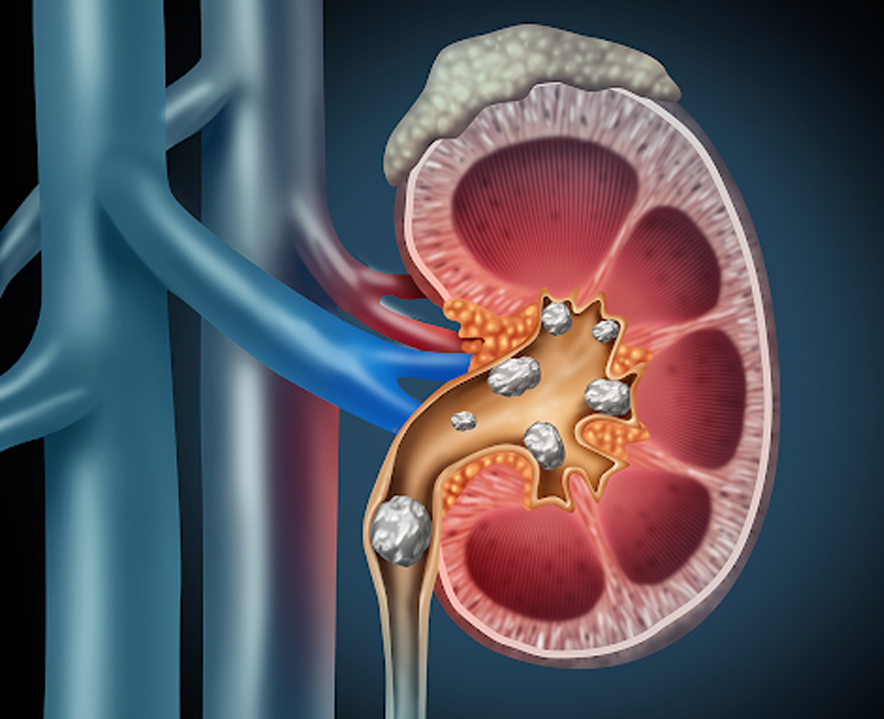Kidney cancer, also known as carcinomas (RCC), basically refers to the renal parenchyma’s Tumor. It is a cortically derived heterogeneous group of cancers that starts in the tissue lining. The only positive part of renal cancer is that it can be identified before it spreads and can be treated. Most people older than 45 years are detected with kidney cancer, but exceptions are also seen where even 18-years-old were diagnosed with carcinoma.
According to medical practitioners, there are certain risk factors that are responsible for kidney cancer such as smoking and drinking habits, gender, obesity, lifestyle, over-the-counter medications, any kidney alignment, genetic conditions, intake of certain food items in heavy amounts (animal protein, seafood, black tea, etc.).
What are the symptoms?
There are no early symptoms of kidney cancer: as the Tumor starts to grow in size, the indications get more transparent and easier to detect.
- The first sign is blood in urine or haematuria, and the stain can appear to be dark red, pink or orange, depending upon the progression.
- Loss of appetite,
- Fatigue,
- Constant pain in the abdomen,
- Weight loss, fever,
- Anaemia and
- Swelling in the ankles are also noted.
Along with that —
As kidney cancer reaches other parts of the body — blood in cough, bone pain and shortness of breath is noted.
How to Detect?
The only way to get a confirmation, whether you have kidney cancer, is by booking an appointment with a reputable renal specialist and getting some tests done loke:
- Urine test, Blood test
- IVP (Intravenous Pyelogram)
- Ultrasound
- MRI (Magnetic Resonance Imaging)
- Renal Arteriogram
- Other than these, a biopsy is done to understand the aggressiveness of cancer.
There are 5 Stages of Cancer
- Stage 1: The tumour is about 6-7 cms in size or smaller, restricted within the kidney
- Stage 2: The tumour is larger than 7 cms, still restricted within the kidney.
- Stage 3: The Tumor appears in the kidney, as well as infecting one nearby lymph node. Further, the tumour extends to major veins and perinephric tissues
- Stage 4: Kidney cancer may spread to other organs or reach beyond Gerota’s fascia.
How to Treat Kidney Cancer?
Based on the complete diagnostic report and status of patients’ health, the medical practitioners plan the treatment. The most standard practice is surgery, but even after that, doctors suggest intake medicines kill the remaining carcinogenic cells and prevent them.
Other than surgery, doctors also suggest Cryotherapy, Radiofrequency ablation, and Arterial embolisation to kill the Tumor. If the kidneys are highly affected, then dialysis and kidney transplant are the only remaining options.
To cut the risk of cancer, you can always start with a healthy diet, avoid exposure to harmful chemicals, manage blood pressure, quit drinking and smoking, and always maintain the BMI (Basal Metabolic Rate).
